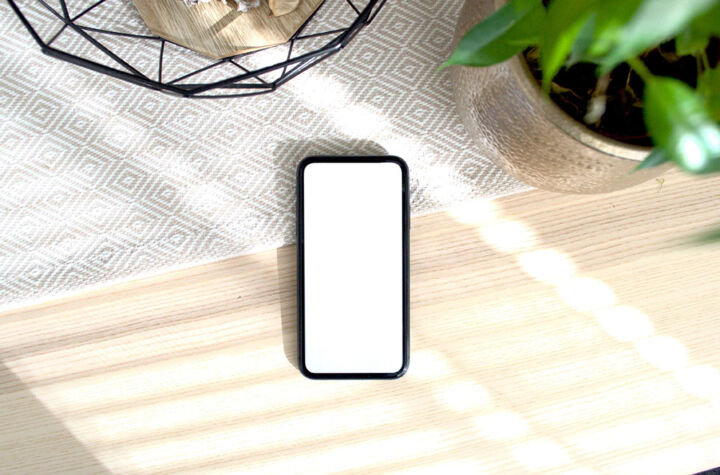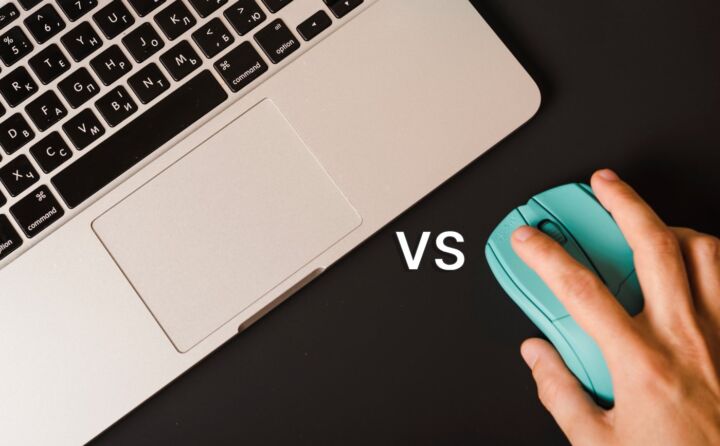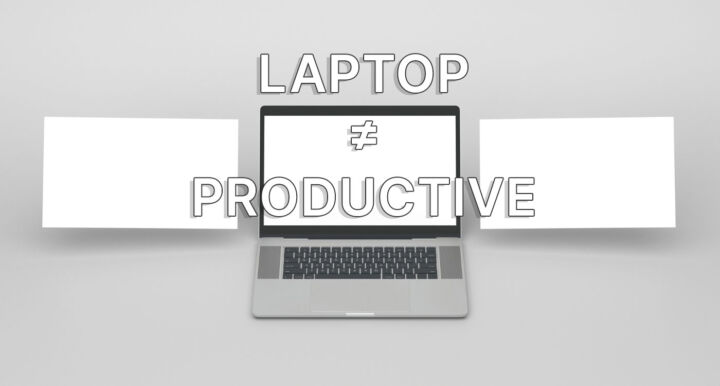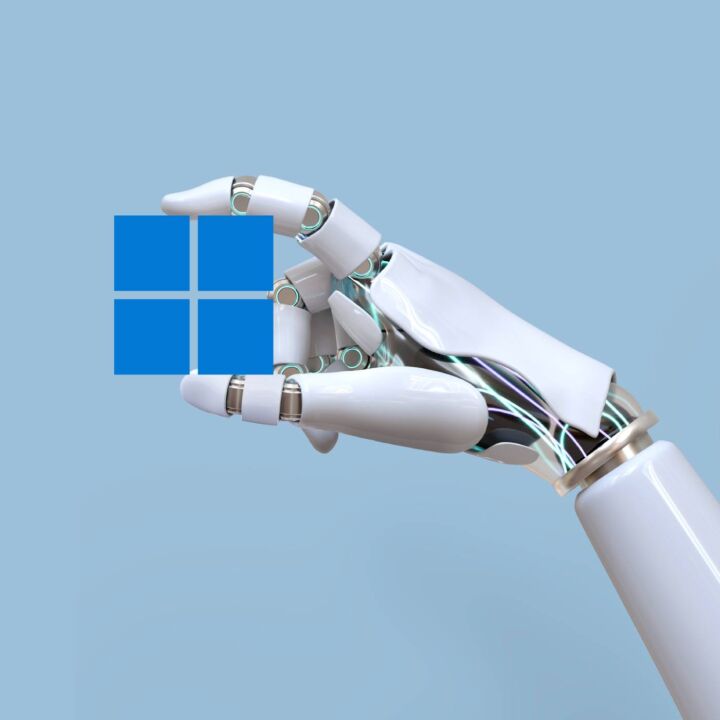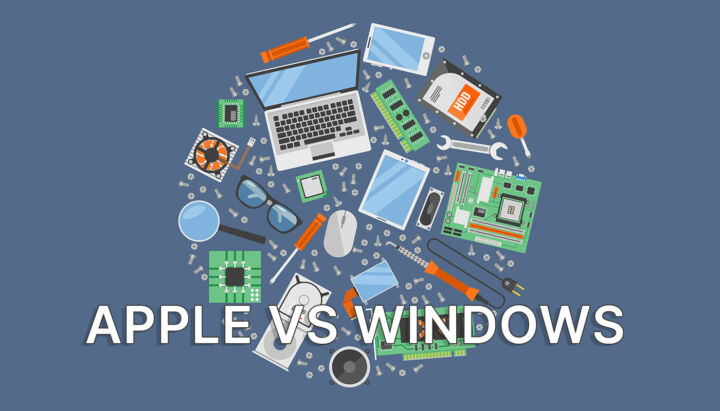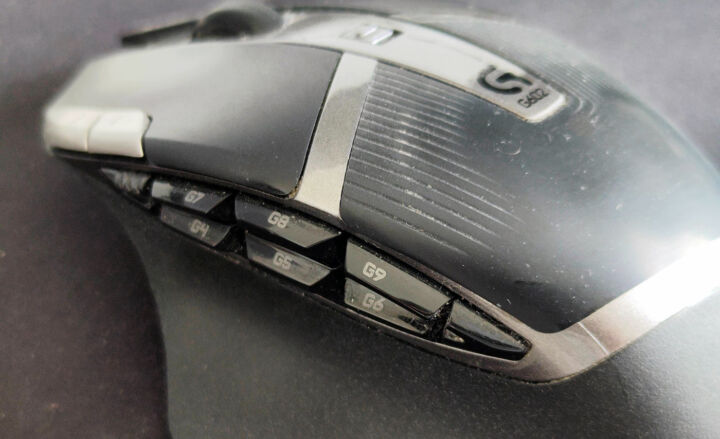Foldable phones started as a gimmick to catch our attention, but now that we’re looking at the third generation flexible phones it’s pretty obvious this is not just a “phase”, and more and more manufacturers will follow onto Samsung’s steps, currently the most important player in this niche.
Here are my thoughts on foldables and why I think in time we’re all going to learn to love them.
Although I’m a serious geek and probably an early adopter for many gadget types (and beta software), when it comes to phones I’m always been lagging behind. I didn’t like the first Nokia touchscreen phone, the 5800 XpressMusic, but that wasn’t a great phone, so you can forgive me for missing the hype.
That period I was still rocking the Nokia E71, a phone with a solid physical QWERTY keyboard. I was in love with that phone that lasted me a few days on a charge and offered screen-on times unheard of today, in the range of 15 – 20 hours. Yes, that’ right. Now you probably know why I didn’t like the first iPhone with its full-day battery life.
My opinions on phones without physical buttons have done a 360 pretty fast, and now I would laugh in your face if you’d try and sell me a Blackberry-type device. And I was a proud owner of a massive almost 300 grams QTEK 9000 convertible phone. Yeap, just like a 2-in-1, but smaller. Not by much.
You can probably see a trend here, so it should come as no surprise I’m not a fan of foldable phones either. My first thought when I read about them was “But why?”. I’m sure I’m not the only one.
Fast forward a few years to 2021 and I still don’t like them. But I’m starting to be convinced I’ll like them sometime in the future. It may not be for a couple of years, but I’ll slowly get there.
CONTENTS
The Technical Issues Will Be Solved
That’s one of the issues still remaining. After the recall of the first generation Samsung Fold phone surely manufacturing quality for foldable screens has gone leaps and bounds in the right direction.
Proof to that is the water-resistant rating for the new Galaxy Z Fold3. It’s still not dustproof, but that’s coming, I’m sure. Maybe the Fold4 will be the foldable to rule them all.
What I’m trying to say is that technical issues will be solved sooner rather than later. Given the huge mobile phone market, it’s normal for manufacturers to spend insane amounts of cash on research that will give them an edge over the competition.
A serious step I want to see is the scratch and impact resistance of the foldable screen surface. Impact protection is not a major issue, since normally the screen is folded on the inside, protected by the exterior case of the phone.
On the other hand, scratch resistance is, since Gorilla Glass is made of glass, which is not a material you can fold. That doesn’t mean other materials can’t be perfected to offer adequate protection, similar to non-foldable devices.
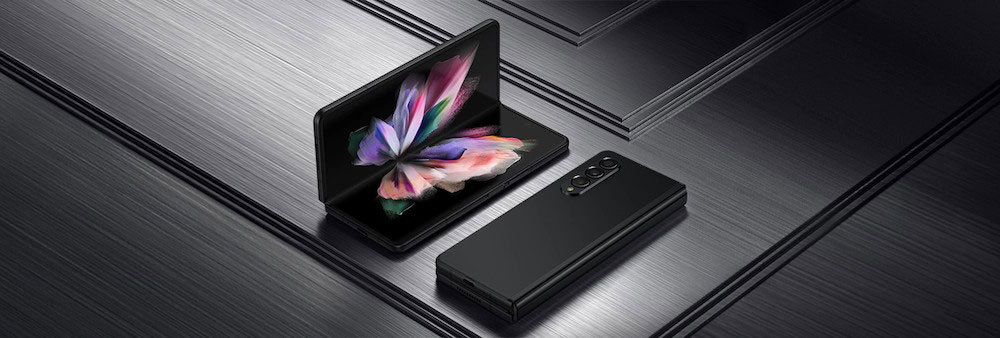
Prices Are Coming Down Steadily
Another issue is price. It’s hard to justify a two-fold price increase (see what I did there?) for a phone that’s significantly bulkier, doesn’t last as long on a charge, and is less resistant to everyday handling.
Pricing might be an issue today, but it’s coming down steadily from one generation to another. Probably these phones will remain a premium category for the years to come, but when Xiaomi, Realme, and other value-oriented manufacturers will flex their muscles I’m sure the foldable space will become a lot more crowded.
Software Is Key (Also) Here
I think this is the Achilles’ heel for foldable phones today. You get a gorgeous large screen that’s let down by the software. It’s a chicken and egg situation: you need more people buying foldable to get app developers interested in tweaking their apps, but consumers don’t buy foldable because the software is not on par with the hardware capabilities.
Well, it’s not a chicken and egg situation just yet because they’re still expensive, but once pricing leaves the equation we will still be left with unusable software. I expect future Android versions to make better use of the larger screen area, with multiple window multitasking being my guess, but what if you want to use just one app maximized on the entire screen? Right now results are disappointing, to say the least.
The software has to change for foldables to take off. Potential is there since that was the main point of foldable phones, but it still needs to be realized in practice.
What Will Make Me Like Foldable Phones?
Personally, I want a few more things from foldable phones to really embrace them:
The screen aspect ratio is what I hate most currently about foldables. An almost square screen like on the Z Fold3 is not appealing to me. Monitors and laptops have gone ultrawide, but taller aspect ratios are seeing a comeback recently. That doesn’t mean I’ll come to accept a square screen, but frankly, I may not have a choice until someone finds a way to make foldable large screens with normal aspect ratios.
Yes, I know about the Z Flip, but that’s just a super ultra-widescreen, not a large screen.
Thickness must come down. It’s just not practical to carry a thick phone in your pocket anymore. After being delighted with razor-thin phones for years it’s hard to go back.
The crease must disappear. It’s weird, and yes, I know you get used to it in time, but it doesn’t look professional.
The gap when the phone is folded looks off to me. My OCD won’t let me buy a phone that doesn’t close completely, with both sides of the screen touching each other. Seriously, I’m not joking.
If We Dare Dream…
Why did I say in the beginning that we’re all going to love foldable phones at some point in time? Because that’s the direction mobile computing is taking us. We do need a larger screen so work and a foldable phone that fits in your back pocket is probably going to retire tablets when all of the problems above will be solved.
It’s not hard to imagine foldable phones replacing one day laptops and maybe even desktops
The computing power modern phones are capable of it’s pretty incredible, and for certain work scenarios, it’s not hard to imagine foldable phones replacing one day laptops and maybe even desktops.
Hook up a monitor and for most people, current smartphone hardware could be enough to be productive.
Future computing may resume to just a phone, the most personal computing device of the bunch.
TLDR: We’re not ready for foldable phones, but we will be. Foldables are here to stay.
Now that you know what I think let me know your own thoughts. Don’t be afraid to spark a conversation.
